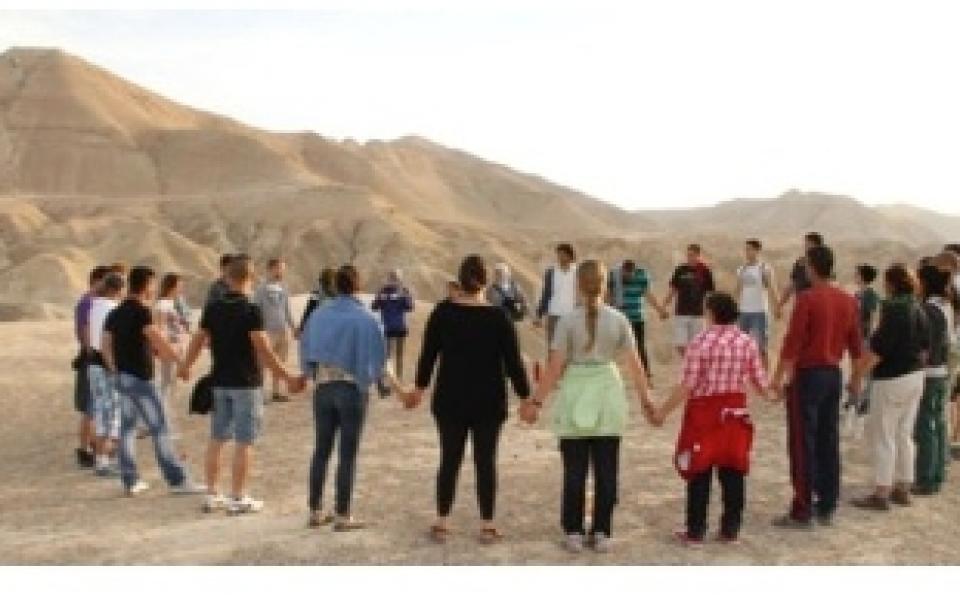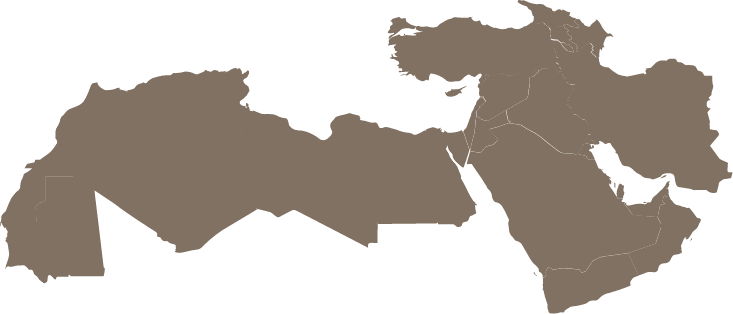
Last spring, the Sulha Peace Project CC held a four-day seminar for 32 young leaders in one of the most magnificent places in the Middle East: EcoME, a green place near Jericho dedicated to meetings between Israelis and Palestinians. In keeping with the location’s symbolic significance, Sulha CC invited Palestinian and Israeli youths - ages 18-22 - from different faiths and parts of the region (including Tel Aviv, Nazareth, HaSharon, Haifa, Wahat al-Salam~Neve Shalom, Ramallah, Hebron, Jerusalem and the settlements) to come and meet the "other" and to share ideas on how to build bridges in a region divided by fear and differences.
The Young Leadership Seminar for Peace was hugely successful. Despite the region’s violent history that generated decades of intolerance and animosity, friendships formed immediately. The open dialogue and activities allowed each participant to learn more about the other participants who differed in culture and faith, putting an end to their fears and stereotypes of each other and emerging with a determination to continue their face-to-face work in hopes of changing the harsh realities of the region and Israeli-Palestinian relationship.
On May 23-24, a follow-up core group of 20 youths met for two days in The Pluralistic Spiritual Center in Wahat al-Salam~Neve Shalom (Oasis of Peace), located midway between Jerusalem and Tel Aviv-Jaffa. Together, they planned the next Sulha Tribal Fire – inviting families, friends and guests for a one-day event of sharing stories, hopes and fears.
Melila Hellner-Eshed, a youth participants from Jerusalem, confirms the value and necessity of the Young Leadership Seminar for Peace:
As a peace worker in the Middle East there is nothing more moving than seeing the magical process, which unfolded in our four days together. Fear, anguish, resentment and suspicion made way for curiosity, laughter, tears and – most important – hope on the faces and in the hearts of young Israeli Jews and Palestinians. I feel that bringing young people from all sides of the conflict to meet together in a safe environment for a personal encounter with each other’s lives, stories and aspirations is sacred work.
